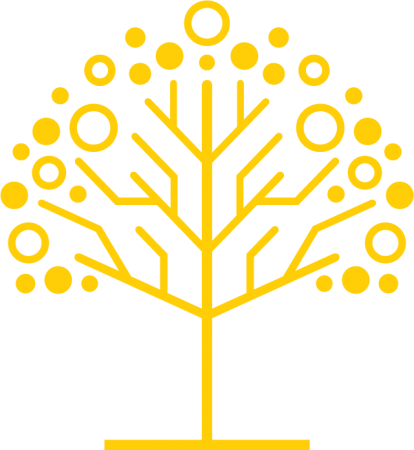Starting college is a pivotal moment, and at Michigan Tech, we’ve designed a first-semester experience to help new students navigate it successfully. The Michigan Tech Seminar in Essential Education, offered through a wide variety of introductory courses, helps students not only get acclimated but also chart their academic journey, practice reflection, and build a sense of community. This isn’t just another class; it’s an integrated experience with core modules that are adapted by instructors to fit the unique needs of different majors.
The seminar is built on three key pillars:
Essential Education: these modules help students understand the “why” behind their education. By introducing Michigan Tech’s Essential Abilities, students are prompted to reflect on our key learning outcomes and their own strengths and areas for growth. This self-assessment is more than an exercise; it’s a tool for creating a unique academic plan. Students are encouraged to explore a wide range of opportunities early on, including Essential Ed minors, undergraduate research opportunities, study away programs, and student organizations, helping them set concrete goals and map out a pathway to achieve them.
Husky Folio: Michigan Tech’s pedagogical approach to helping students recognize, reflect on, and collect evidence of their learning, is a powerful tool for career readiness. The Husky Folio modules introduce students to the practice of documenting and reflecting on their learning. Through a series of assignments, students learn how to use our Husky Folio platform to tell the story of their academic and personal growth. This is valuable practice not only for future classes but also for preparing them to articulate their skills and experiences in a job interview.
Husky Life: The Husky Life modules focus on crucial aspects of student success: academics, community, and wellbeing. These modules connect students with vital campus resources and encourage them to build relationships with peers, faculty, and staff. Instructors can tailor assignments to fit specific professional development needs, with many sections focusing on resume building and departmental networking. The modules also address key life skills, with instructors able to choose topics like time management, stress reduction, and coping with loneliness, ensuring a holistic approach to student wellness.
Because we recognize that transfer students have unique needs, a seminar specifically designed for these students was also developed. Evidence suggests that a significant number of our transfer students may face academic challenges, with nearly half having a GPA of 2.5 or lower (about 33% of our total Michigan Tech undergraduate student population have a GPA below 2.5). We know that having a sense of belonging on campus contributes to academic success for students. (https://www.ihep.org/publication/student-experience-and-belonging-strong-outcomes/) Through the Michigan Transfer Seminar, we are working to build community among new transfer students while also helping them learn about campus resources and plan for their future, ensuring they have the support they need to succeed.
The success of the seminar is a testament to strong cross-unit collaboration. Developed by faculty from diverse academic disciplines as well as student affairs staff, this partnership has created a seamless introduction to campus life, beginning with summer orientation and continuing through the fall semester. This collaborative effort also resulted in a $650,000 State of Michigan MiLEAP College Success grant, which will support continued development of the modules and innovative teaching practices over the next three years.
The seminar also serves as an incubator for new ideas in curriculum design. The shared modules are designed to be both structured and flexible, allowing them to be effective in courses ranging from small seminars to large lectures and in subjects as varied as Engineering Analysis, First Year Arts Seminar, Explorations in Computing, and Natural Resource Professional. This adaptability ensures that students across all disciplines receive a high-quality, relevant experience.
You can learn more about the shared seminar modules and other seminar-related programming through the “Essential Education Resource Hub for Instructors” in Canvas <Essential Ed Resource Hub for Instructors> Courses that serve as seminar courses can be found on our Michigan Tech Essential Education website <Program Requirements | Essential Education | Michigan Tech>.
